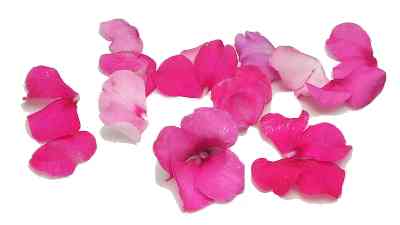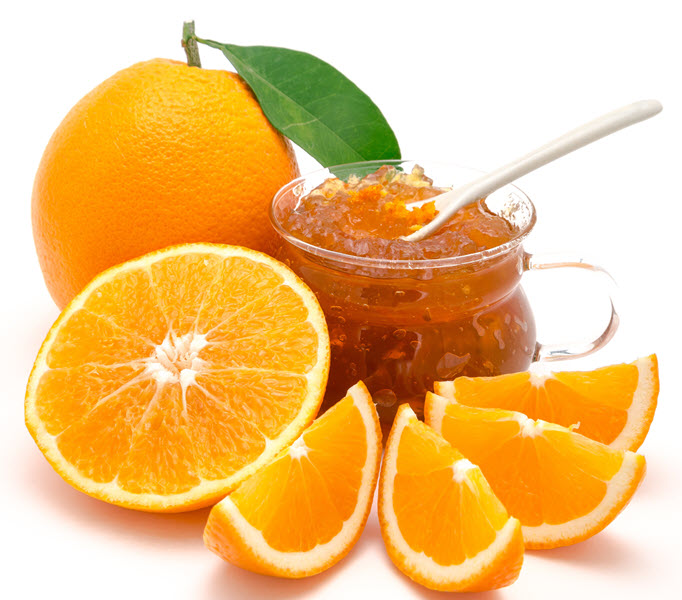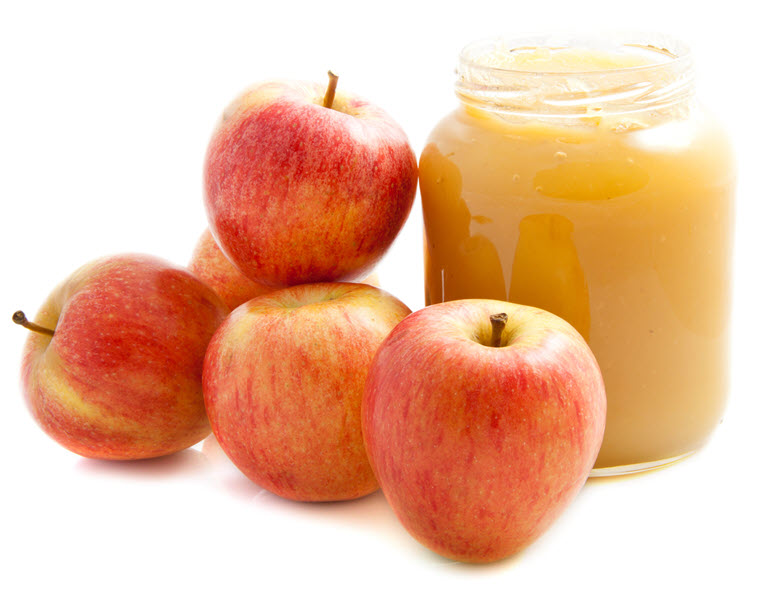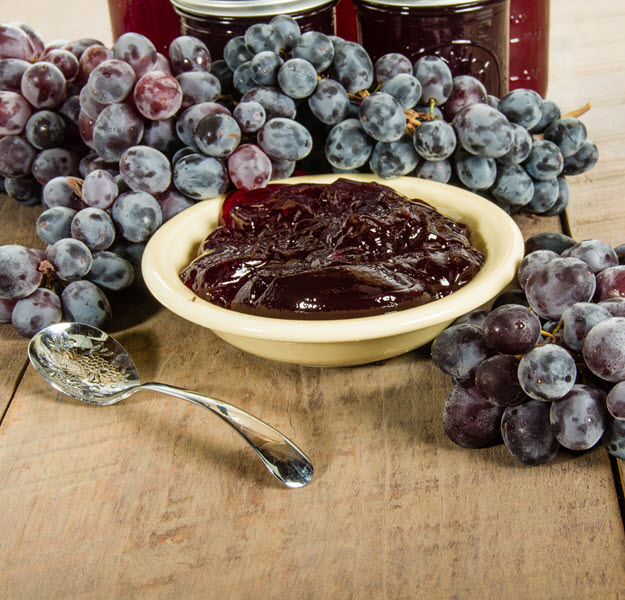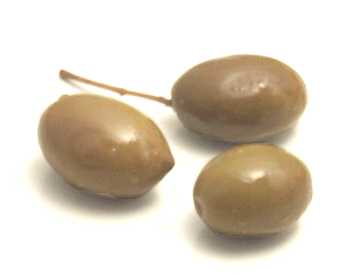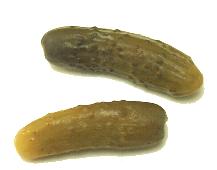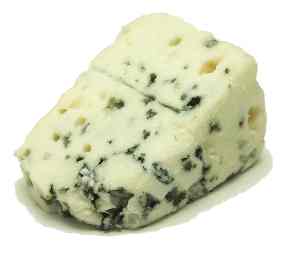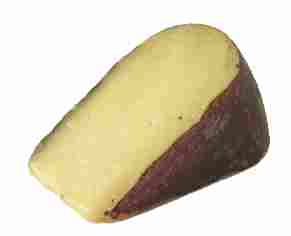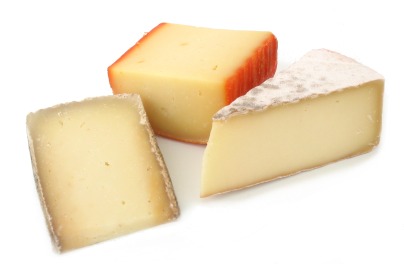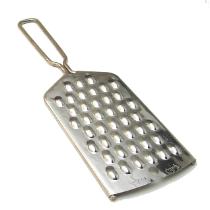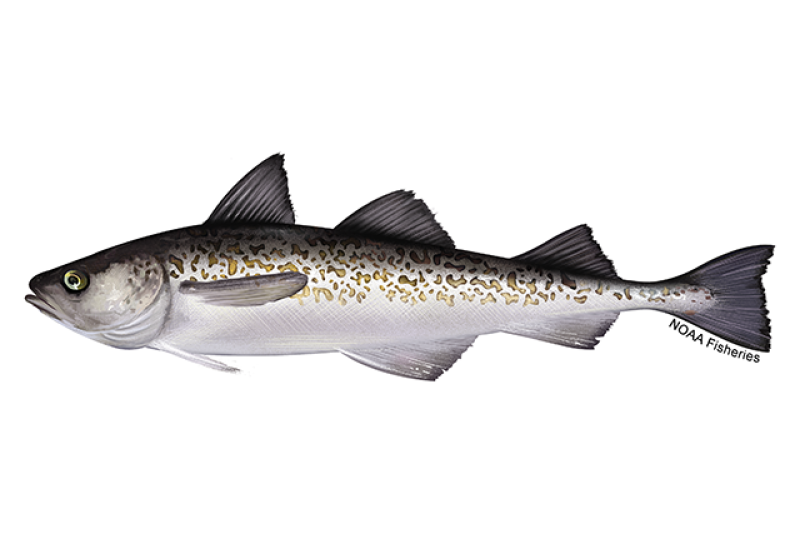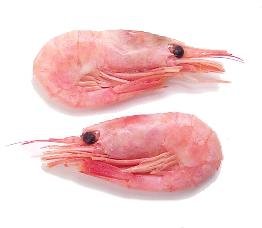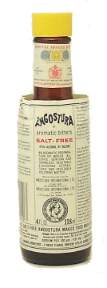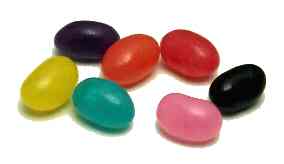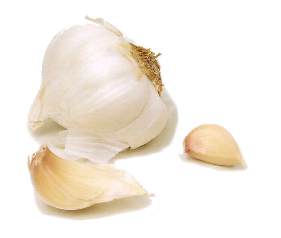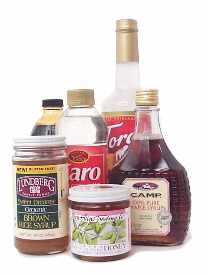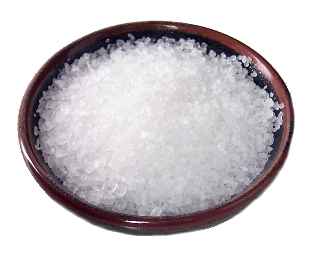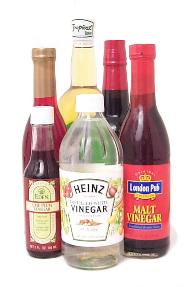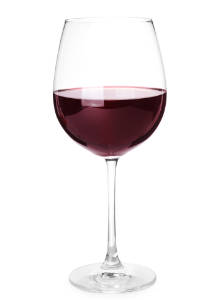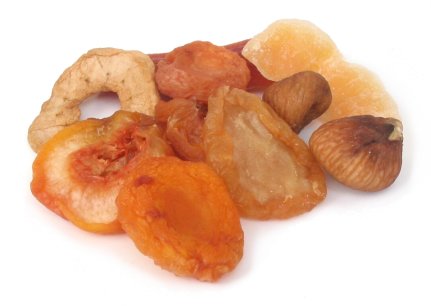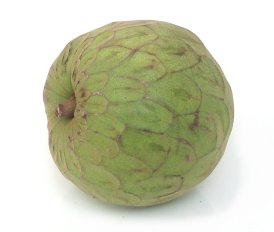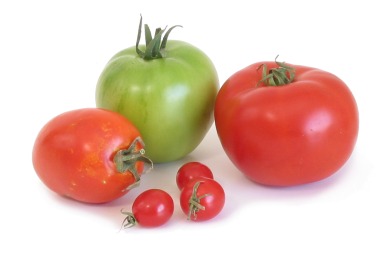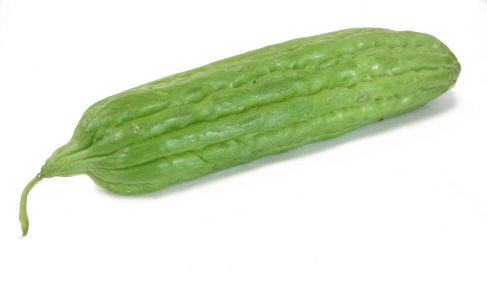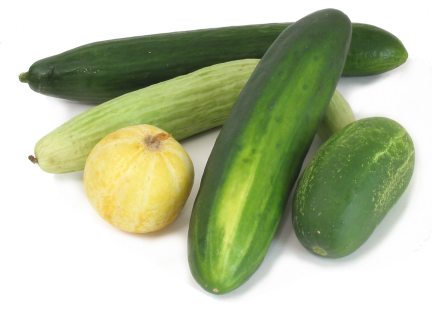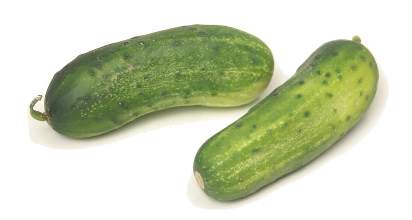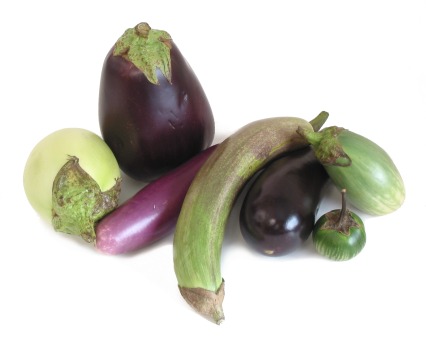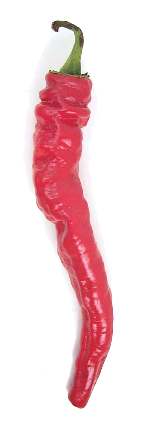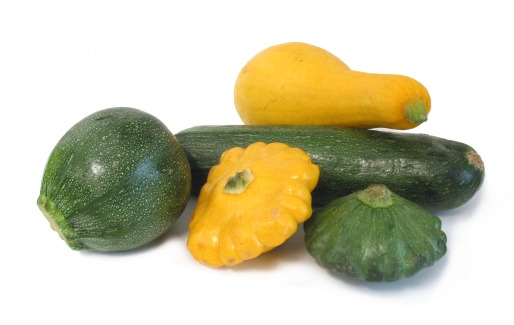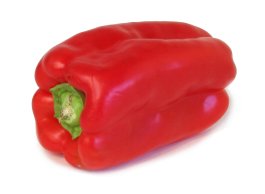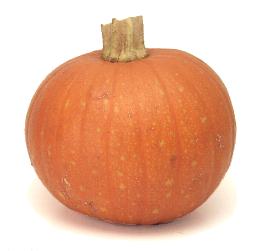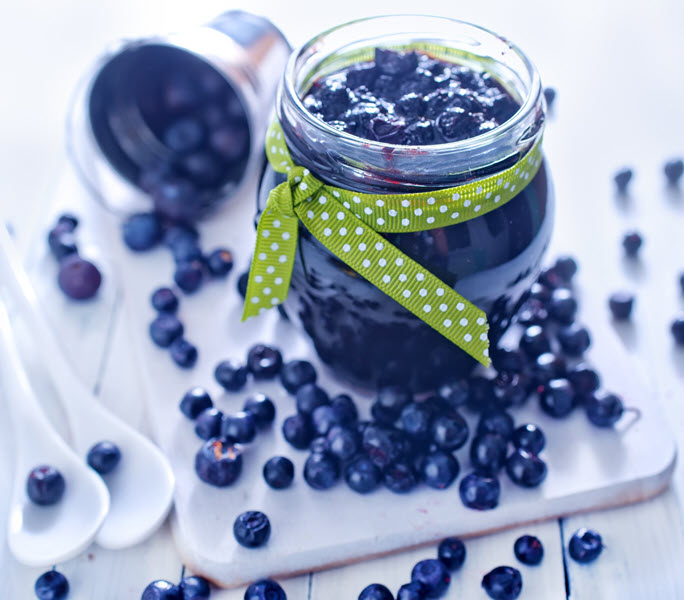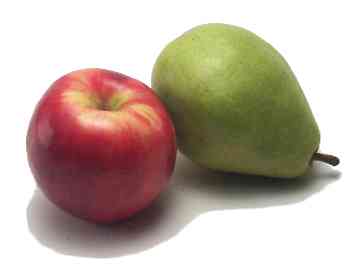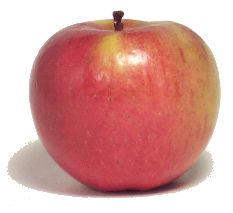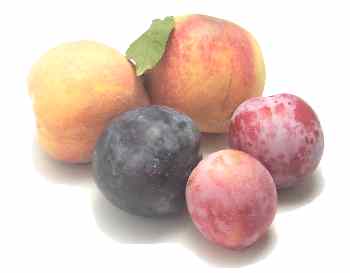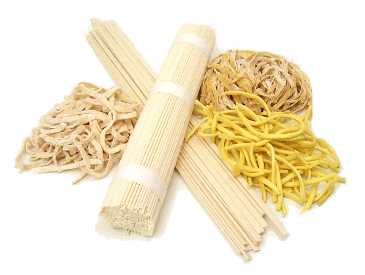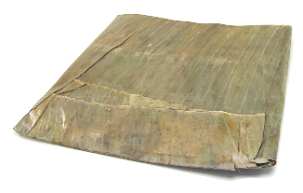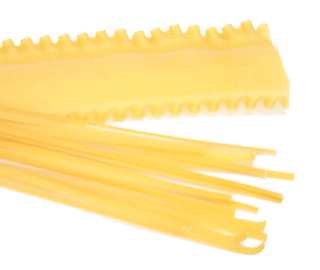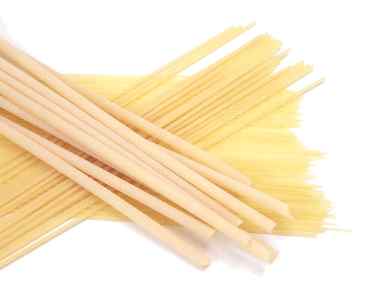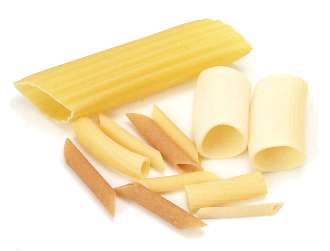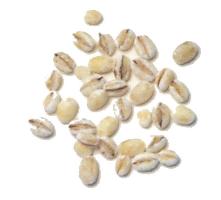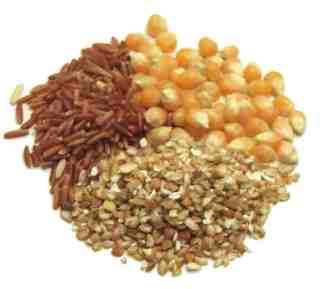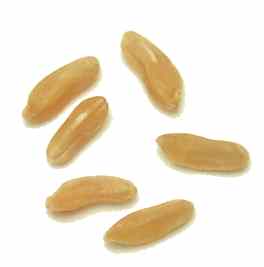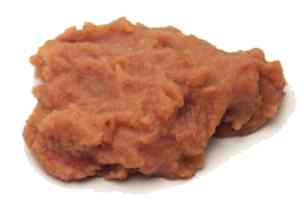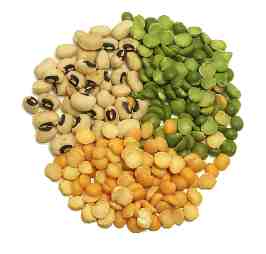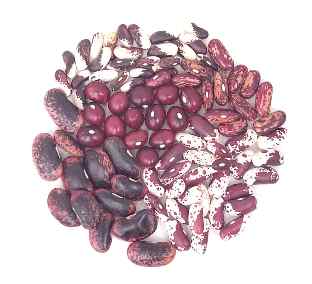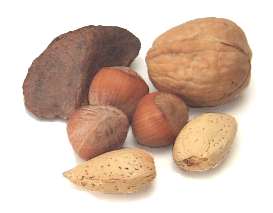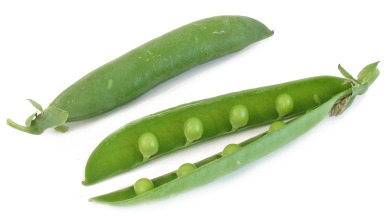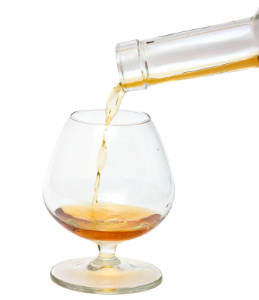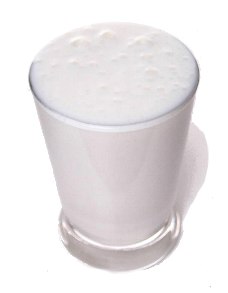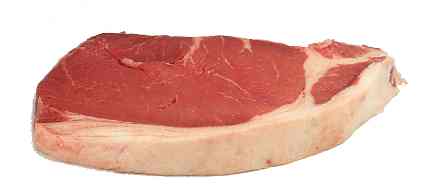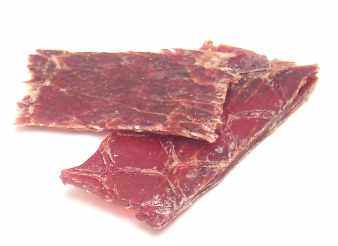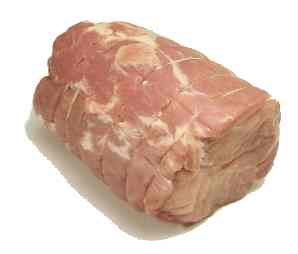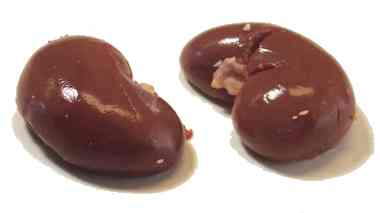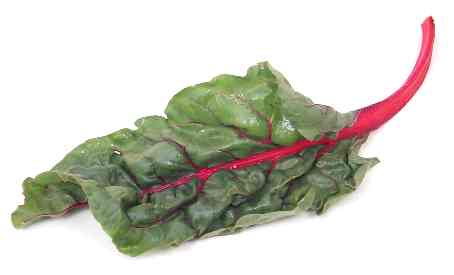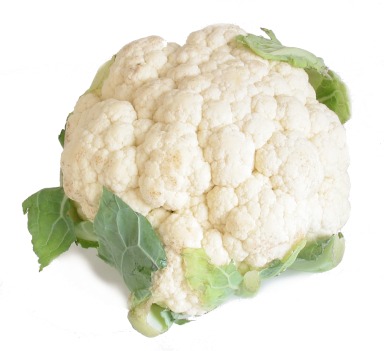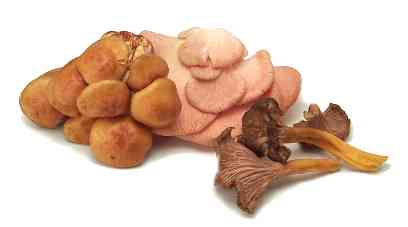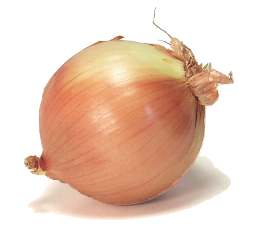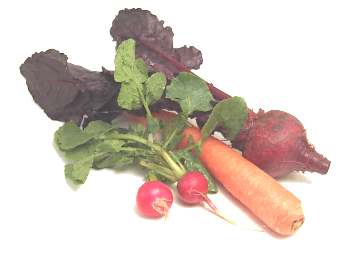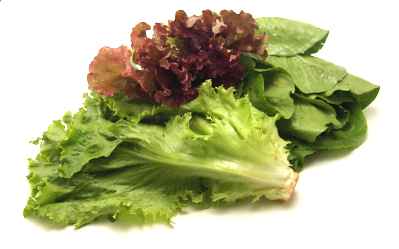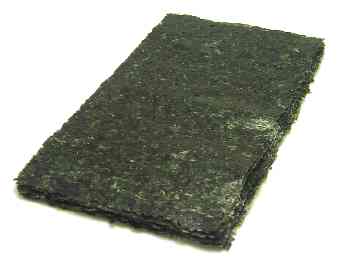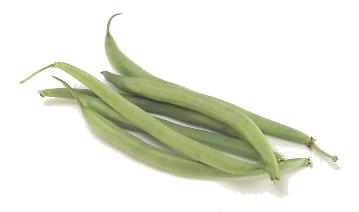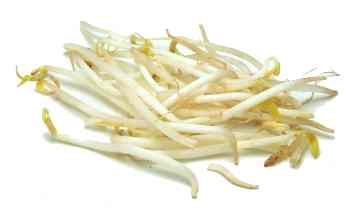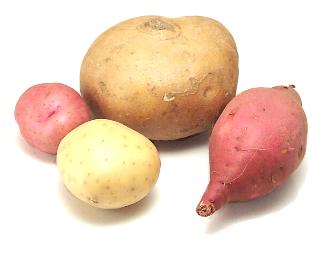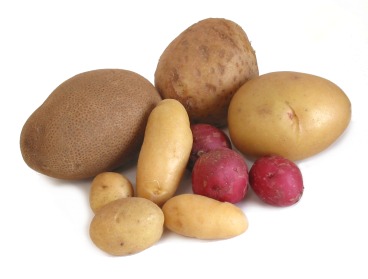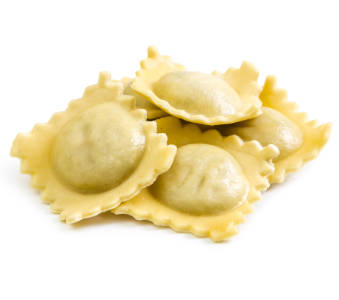All Ingredients
rattlesnake
A novelty item in the Southwest, rattlesnake meat resemble chicken, only it's chewier and has lots of small bones. Don't overcook it.
Learn morerattlesnake bean
A pinto bean hybrid, the rattlesnake bean gets its name from the way its bean pods twist and snake around the vines and poles. These beans are great for making chili, refried beans, soups, or casseroles.
Learn moreravioli
These are small, square pillows of stuffed pasta that are often served with a light sauce. The traditional filling is ricotta cheese mixed with spinach or some other cooking green, but adventurous cooks have used wild mushrooms, sweet potatoes, winter squash, goat cheese, lobster, nuts, and even prunes. Ravioli are usually topped with a tomato or cream sauce, or with grated cheese. Don't overcook them or they'll fall apart. Smaller ravioli are called ravioletti, and a single one is called a raviolo.
Learn moreraw green olives
These are for the rare cook who's intrepid enough to cure olives from scratch. Do not eat them raw.
Learn moreraw milk
A few decades ago, the cream in milk would rise to the top and a glass of milk sitting on the counter would gradually turn sour. No more. Most commercial milk today is homogenized so that the fat is broken into small particles which remain suspended in the milk, and pasteurized to kill bacteria, including the friendly varieties that gave milk a sour tang. Raw milk isn't pasteurized; producers instead keep their cows and dairies clean in order to reduce the risk of bacterial contamination. Some people insist raw milk is more healthful than commercial milk since it contains active enzymes that help with digestion and absorption of nutrients. Many cheesemakers prefer it since pasteurization diminishes the cheese's flavor potential and homogenization gives it a waxy texture. Unfortunately, it's illegal to sell raw milk in many states.
Learn moreReblochon cheese
This rich and creamy French cow's milk cheese is quite mild for a washed rind cheese, but it's complex enough to be popular with gourmets. The rind is edible, but too pungent for many people.
Learn morered Bartlett pear
This tastes just like a yellow Bartlett, but it's more attractive and more expensive.
Learn morered bean
These are similar to red kidney beans, only smaller, rounder, and darker. In the Southwest, they're often used to make refried beans and chili. In Louisiana, they're used to make the classic red beans and rice.
Learn morered cabbage
Red cabbage tastes just like green cabbage, so your choice between them depends largely on which color you prefer. One problem with red cabbage, though, is that the color tends to bleed and discolor surrounding foods. Select heavy heads of cabbage that have shiny leaves.
Learn morered chile powder
Red chile powder is made from hot red chiles that have been dried and ground. Don't confuse chile powder with chili powder, a mixed spice for making chili.
Learn morered currant
With their brilliant coloring, red currants make terrific garnishes. They're also pleasantly tart, and often used to make jellies, syrups, and wine. Fresh ones are available in some markets during the summer, but frozen currants are acceptable substitutes for fresh in many recipes.
Learn morered delicious apple
These sweet, soft apples are good for eating out of hand, but don't bake them or use them in pies. Avoid buying them in the summer; they sometimes get mushy.
Learn morered kidney bean
These gorgeous and versatile beans are often used in chili, refried beans, soups, and salads.
Learn morered lentil
The most common type of red lentil is the Red Chief. It's a lovely salmon pink in its dried form, but it turns golden when cooked. These lentils cook faster than others. They're best in purées or soups.
Learn morered miso
This versatile, medium-strength miso is the most popular variety in Japan. It's made from barley or rice, and it's used for hearty soups and stews, or to make rubs and marinades for meat and poultry.
Learn morered mustard
This has a pungent, peppery flavor that adds zip to salads. You can cook it, too.
Learn morered onion
These are sweet enough to eat raw, and they're often used to add color to salads. They're also excellent grilled or lightly cooked. Varieties include the sweet red Italian onion, Italian red onion, creole onion, and red torpedo onion.
Learn morered oyster mushroom
This beautiful mushroom, unfortunately, loses its red coloring when cooked.
Learn morered pepper flakes
These are dried cayenne peppers that have been crushed. They're often sprinkled on pizza to add heat.
Learn morered pepper sauce
Red pepper sauce is a mild sauce made from roasted red bell peppers and other spices.
Learn more









